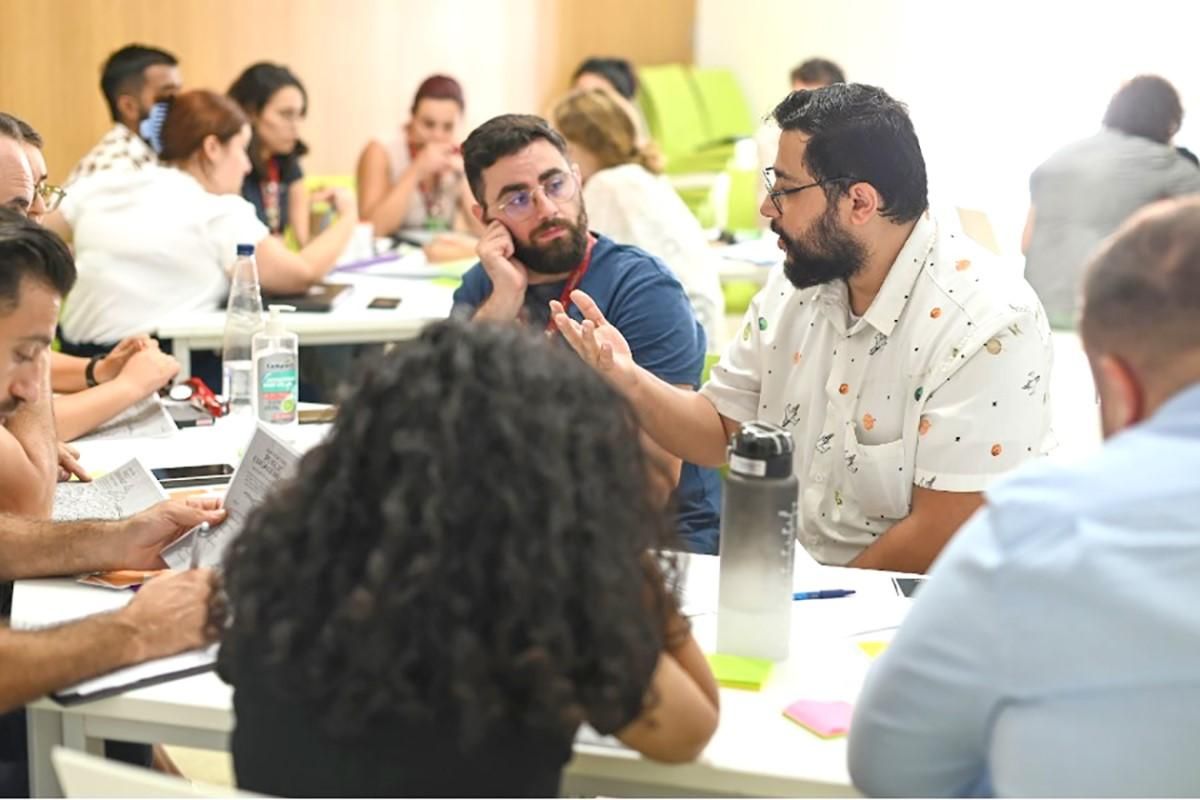Since time immemorial, the act of playing has influenced arts, cultures and learning. Through games, a person can step from real life into a temporary state where different rules apply, entering what experts named the ‘magic circle’: a clear defining limit of the spatial, physical and psychological border between the state of play and non-play.
Recent research has highlighted several features of role-playing games (RPGs) for education. RPGs involve players collaboratively creating narratives, guided by a game master, where each participant embodies a character in a fictional world.
In educational settings, RPGs provide an instructional method where learners take on the responsibility of representing different character roles within predefined scenarios that facilitates a variety of learning objectives – with the all benefits of fun and play. Each team identified a framework for effective, impactful, public engagement, focusing on elements like people, purpose, process, and evaluation.

